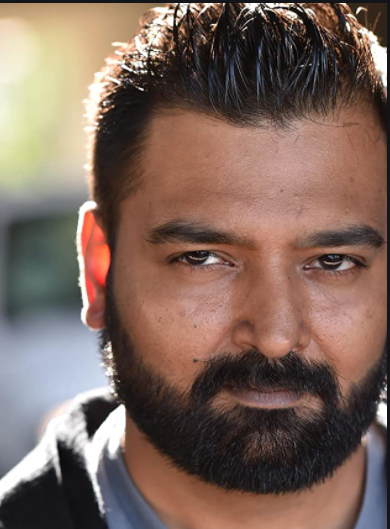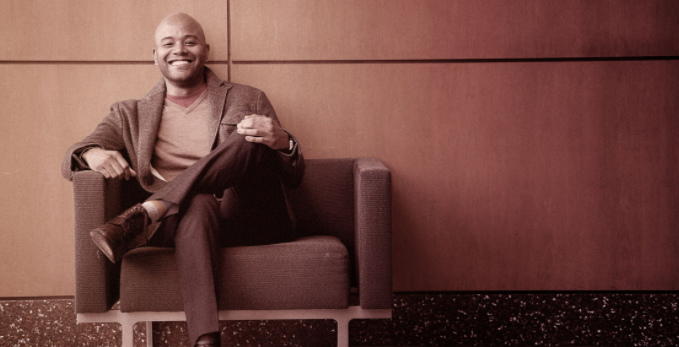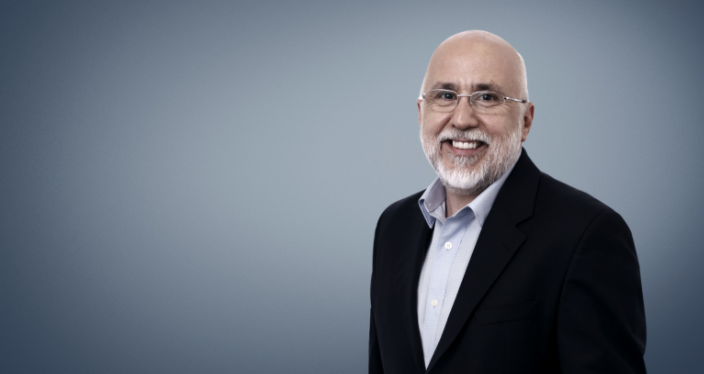Why, who makes much of a miracle? As to me, I know of nothing but miracles.
For me, those words from Walt Whitman’s poem “Miracles” bring back memories of reading his words with my grandfather and my own set of miracles. Whether tending to marigolds plucked from my grandfather’s garden for his morning prayers. Or flying for the first time. Or serving in the US Navy, operating nuclear reactors and translating for Special Forces when we helped sick fishermen in the Arabian Sea. Or being a contestant on Jeopardy, after decades of watching at home, dreaming about how that experience would feel.
I appeared on an episode of the game show two days after Election Day 2020. In a post-game conversation, I told host Alex Trebek how much he meant to me because I learned how to speak English by watching him every night.
A clip of our exchange was shared millions of times on social media — and then, two days later, he passed away.
Being part of Alex Trebek’s final viral moment felt like a convergence of serendipity, synchronicity and an example of the shared American experience and dream.
My parents immigrated to the United States in 1984. To them, America was the shining beacon on the hill. So when an opportunity to pursue visas to the US emerged, they made the ultimate sacrifice and left me in the care of my grandfather.
Papa raised me as a son. He was my hero and champion as well as the chief conservator of forests for the Indian state of Bihar. His work was to protect the forests and all its residents, especially the tigers. Once, I watched in awe from a distance while he calmly stared down a bull elephant which repeatedly mock-charged him. My childhood was spent on the backs of elephants plodding through jungles, flaring their ears at leopards that lay straddling branches while licking their paws in the Indian heat.
One morning, I was told I was going to America. I will never forget that day. I didn’t want to leave. I ran to the garden crying, hiding behind lychee trees. Papa sat next to me with eyes glistening and said he would never leave me. I said goodbye to my cousin Cima, who shared the same rickshaw with me to school. She wiped my tears and sent me away, with a little red toy boat. I never saw her again.
We lived in the Long Island town of Mineola, New York, a diverse mix of immigrants. While my father worked multiple jobs, Papa would walk me to school, and would say hello to everyone, always mindful of raising his brown fedora. He became so trusted in our community of latchkey kids that parents gave him an extra set of keys in case one was lost. Papa’s best friend, Mr. Notramo, a Neapolitan, would smoke cigars and talk about operas, especially his favorite one, Don Giovanni.
I’d sit on Papa’s lap watching Jeopardy because I could understand it. English was fast, accented, it moved at a breathless pace. This mustachioed Trebek, however, would speak with the same cadence. He made English more comprehensible to a new ear like mine. ‘Ah-loo-min-ee-um’ became aluminum, and ‘gee-oh-par-dee’ became Jeopardy.
Soon, my whole family started watching. No one ever left those 30 minutes without a smile. Whether potent potable, a topic, an answer — anything could spark discussion.
I remember one night when I was 7, Papa told me I would be a contestant someday, and to let Mr. Trebek know that I watched him as a child.
After my grandfather died, my mother and I, and my new baby sister, would watch Jeopardy as an anodyne for the aching loss.
Thirty years later I got to tell a man I’d never met how much of an impact he had on my life, and got to thank him.
Alex Trebek continued to work during the height of Covid-19 while battling stage 4 pancreatic cancer. If there was ever a person in danger during this pandemic, it was him. But he was unafraid. In a sense, he was like my grandfather facing that charging elephant with steely but calm resolve, refusing to move.
Poring over every question, he made sure every word’s pronunciation was precise. He cared about whether the audience would understand — whether they were competing or watching at home, as I had for so many years. Holding a smile and a twinkle in his eye he always upheld a mantle of humility. And anyone could see the joy in his face while we played.
In return, a kind of empathy emerged after Alex’s death — responses of love, family, community and forgiveness.
We, as Americans, are living in arguably the most divisive time in our history. But I saw how the video of Alex and me, and then his death, brought people together in the best way, in an American way.
For days, Jeopardy was trending alongside this contentious election. It offered a counterpoint to the bluster of politicians looking to divide. It became part of a thread, suturing a rip in America’s rubric. It reminded people of childhood and family. People were calling their mothers, fathers, grandparents to reflect on his death. They were letting go of hate.
In a fitting tribute to Alex’s life and this intertwined journey with Papa, the message is one of overwhelming love and empathy.
A simple request: Dear reader, radiate light outward today. Be the little ray of sunshine in someone’s world. Have empathy. All we have is each other.
What greater miracles are there?



